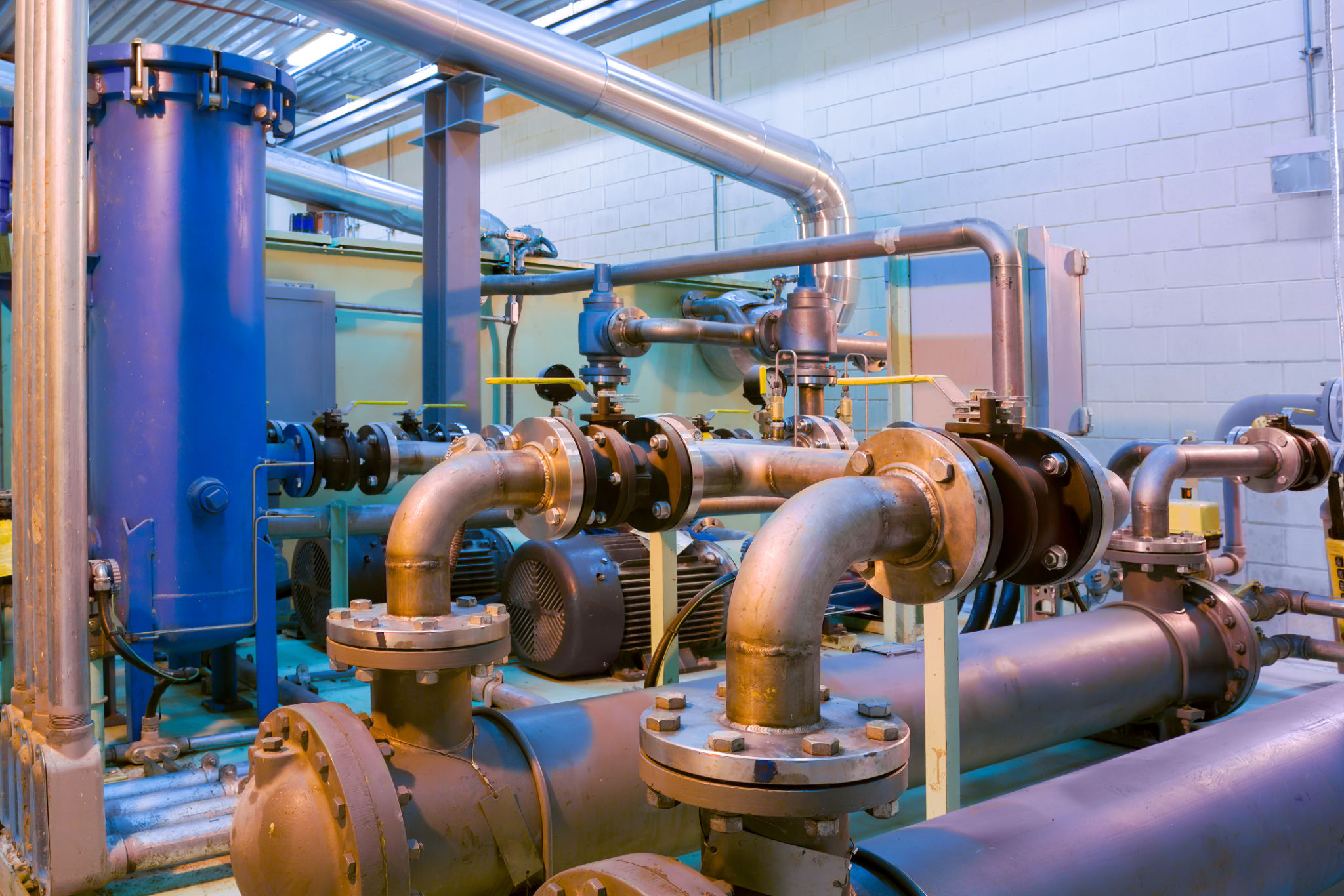Advanced Wastewater Treatment Technologies in Dover
Introduction to Advanced Wastewater Treatment
As environmental concerns rise, the city of Dover is taking significant steps to address water pollution through advanced wastewater treatment technologies. These systems are pivotal in ensuring that water discharged into natural bodies is clean and safe for the ecosystem. With a focus on efficiency and sustainability, Dover's wastewater treatment plants are adopting cutting-edge solutions.

The Need for Advanced Treatment Technologies
Traditional wastewater treatment methods are often insufficient in removing all contaminants, particularly with the increasing levels of industrial and chemical pollutants. Advanced technologies address these gaps by targeting specific pollutants and improving the overall quality of treated water. This is crucial for protecting public health and preserving local waterways.
Moreover, regulatory standards are becoming increasingly stringent, necessitating the adoption of more sophisticated treatment processes. Dover's commitment to adhering to these standards ensures that the city remains a leader in environmental stewardship.
Key Technologies in Use
Several advanced technologies have been implemented in Dover's wastewater treatment facilities:
- Membrane Filtration: This process uses semi-permeable membranes to remove particles and microorganisms from water, offering a high level of purification.
- Activated Carbon Filtration: Known for its ability to absorb organic compounds and chlorine, this method enhances the taste and odor of treated water.
- Advanced Oxidation Processes (AOPs): These involve chemical reactions that effectively break down complex pollutants, including pharmaceuticals and endocrine disruptors.
By integrating these technologies, Dover is able to treat wastewater more effectively, ensuring that harmful substances are minimized or eliminated before water is returned to the environment.

Benefits of Advanced Wastewater Treatment
The benefits of employing advanced wastewater treatment technologies extend beyond compliance with regulations. These technologies also help in conserving water resources by enabling the reuse of treated water for various purposes such as irrigation, industrial processes, and even potable use under certain conditions.
Additionally, they contribute to energy efficiency by reducing the overall energy consumption of treatment plants. Some technologies even capture methane produced during treatment for use as a renewable energy source, further reducing the carbon footprint of these facilities.
Challenges and Opportunities
While advanced treatment technologies present numerous benefits, they also pose certain challenges. The initial investment costs can be high, and there is a need for skilled personnel to operate and maintain these sophisticated systems. However, the long-term economic and environmental benefits often outweigh the upfront expenses.
Opportunities exist for further innovation in this field, particularly in developing cost-effective solutions that can be scaled to meet the needs of smaller communities. As technology continues to evolve, Dover is well-positioned to adopt new advances that enhance its wastewater treatment capabilities.

The Future of Wastewater Treatment in Dover
Looking ahead, Dover aims to continue its leadership in sustainable water management by exploring emerging technologies and methodologies. The integration of smart sensors and data analytics could revolutionize how treatment plants operate, allowing for real-time monitoring and adjustments that optimize performance and reduce waste.
Furthermore, collaboration between local government, industry experts, and academic institutions will be key in driving innovation and ensuring that Dover remains at the forefront of environmental protection efforts. With ongoing investment and commitment, the city is poised to make significant strides in advancing its wastewater treatment infrastructure.
